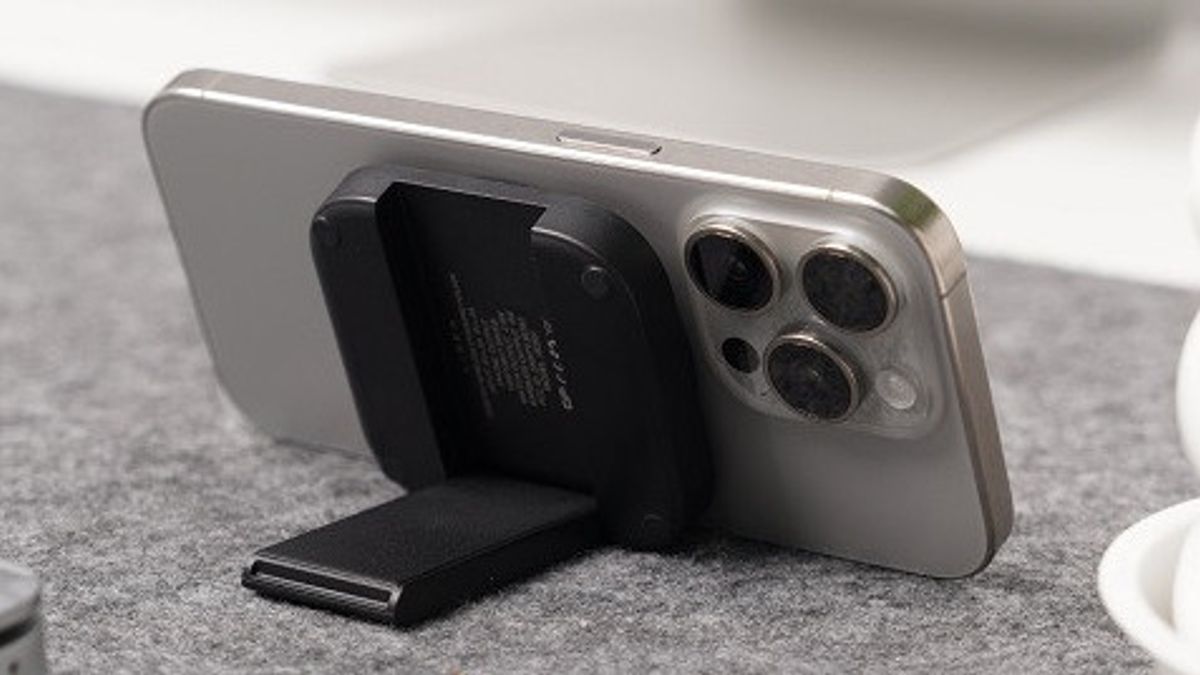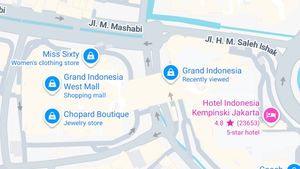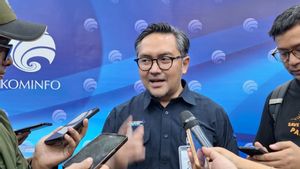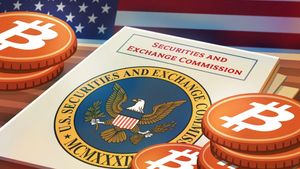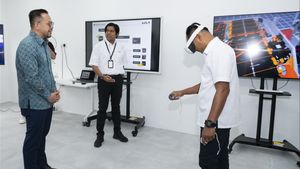JAKARTA - The Chinese government will officially ban the sale of 15W wireless chargers, including products from Apple such as MagSafe and Qi2, from September 1. This step was taken as an effort to prevent potential frequency disruptions and maintain air wave order in the country.
China's Ministry of Industry and Information Technology recently updated regulations related to radio frequency management, which only allow three frequency ranges for mobile and portable wireless charging devices. The permitted frequencies are 100-148.5kHz, 6765-6795kHz, and 13553-13567kHz. In addition, the transmission power for these devices should not exceed 80W.
MagSafe and Qi2, which support up to 15W of charging, operate at a frequency of 360kHz' frequency that is no longer permitted under these new regulations. The ban is expected to have a major impact on Apple and other manufacturers adopting high-speed wireless charging standards.
The Chinese government stated that this new rule aims to avoid interference that could jeopardize radio operations, including communications in the aviation industry, as well as to maintain air wave order in the country.
SEE ALSO:
Although 15W charger sales will be banned, this regulation does not apply retroactively to devices already owned by consumers. This means that users who have purchased 15W wireless chargers before this rule applies can still use it without problems.
On the other hand, although this ban will affect Apple's current products, the iPhone 16, which is rumored to be launched later this year, is not expected to be too affected. Based on leaked prints that appeared some time ago, the iPhone 16 may be equipped with a thinner MagSafe charging ring. However, this design change is predicted not to reduce the compatibility with existing MagSafe chargers.
This China move is one of many regulatory steps the country has taken to control technology and ensure the safety and stability of their technological infrastructure. This decision will most likely trigger a response from global technology companies that rely on the Chinese market, including Apple, which sees China as one of its biggest markets
The English, Chinese, Japanese, Arabic, and French versions are automatically generated by the AI. So there may still be inaccuracies in translating, please always see Indonesian as our main language. (system supported by DigitalSiber.id)
